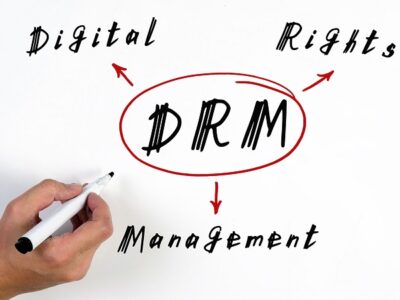
Having a good credit score is among the foremost aspects in the financial sector. Whether it is saving, investing, or maintaining emergency funds, a good credit score is mandatory. Your score and history are the point of interest when availing any loan, whether it is an NBFC loan or a traditional bank loan.
You can only be able to secure a loan at good interest rates if your creditworthiness is higher, which is normally derived from your reports and scores. Often, these reports from the bureaus depend on the credit history. So, before the lender grants you a loan, they need to assess the score to understand how you’ve been repaying the debts in the past.
Credit score really matters in availing loans. In fact, your credit score will tell you whether you can get more funds and put your finances in order or continue struggling with your financial difficulties.
What does credit score mean?
A credit score is a numerical number that shows a borrower’s ability to repay bills and debts. It tells how well you’ve managed your dues in the past. Normally, this number is measured on a scale of 300 to 850. Your credit score sums up all your past payment records. It is evaluated based on factors like credit utilization, repayment track, and the number of credit inquiries you have.
But this is more than just a number. A credit score shows all your credit details, such as total debts, the number of accounts you’ve had, repayment history, etc. So, when the score is very low, there’s a likelihood that you haven’t paid your debts on time. Most lenders do check the credit score when you apply for a loan. A high score shows you are a responsible borrower and trustworthy. However, a poor score is like a red flag and could possibly lead to rejections because you are seen as a risky borrower.
The Role of Credit Scores in Loans Approval
Credit scores are very important in lending matters. A low score will make the lender see you as a high-risk borrower who may not repay the loan. So, approving you for the loan will be challenging, and higher rates may be applied.
Interest Rates
The credit score you have will determine the rate you can get on the loan. A high score automatically results in lower rates. The financial institutions often prefer people with excellent credit histories to apply for their loans which come with favorable terms. If your main aim is to get an emergency loan, a car loan, or a mortgage, the secret is to maintain a high credit score. Believe it or not, with a higher score, you will significantly save on cost since the rates applied to your loan will be greatly reduced.
Quick Approval Times
Time is one of the essential factors today. A good score expedites the loan approval process, thus coming in handy when in dire need of funds. Accessing funds faster makes a huge difference in today’s world. Not only does it enable individuals to seize various opportunities, but it also gives them ample time to strategically invest in their endeavors. Whether starting a venture or adding stock, quick access to funds can make a difference.
A Strong Credit Profile
Your score shows how responsible you are as a borrower. It depicts your management and responsibility skills and how good you are at managing your finances and debts. As you embark on the lending journey, keeping a positive and thriving credit history is key to contributing to a long-lasting financial legacy. A stronger profile is beneficial as it sets a higher foundation for many years to come, which in turn allows you to inherit that robust financial reputation.
Loan Eligibility
Typically, all lending institutions specify loan eligibility criteria, and the requirement about the credit score is one such criterion. It is a must to attain a credit score to be able to apply for a loan. Credit score requirements are generally different for different lenders. Meeting those requirements is a plus as it raises your chances of being approved for the loan.
How to Improve Credit Score
Credit scores are highly significant, so having a sky-high score is recommendable. With a high score, the approval process will be swift and the interest will also be low.
However, if your score isn’t up to par, here are tips to improve it considerably:
- Paying your bills in a timely manner. This will help show you are responsible.
- Keep the credit card balances low.
- Monitor your reports regularly to track any errors.
- Don’t open too many credit card accounts.
By following these tips, you will be able to raise your credit score over time and secure your chance of getting a loan approved. Nothing is impossible; you can reach that 850 mark if you want to. Keeping in mind to pay your debts on time, having few credit accounts, etc. are some of the things to get on the right track.
Recap
In this financial world, a credit score is seen as a passport that opens doors to opportunities, especially when strapped for cash. It lets us secure loans to finance our businesses, pay for medical bills, renovate our homes, handle day-to-day needs, etc. With a good credit score, you stand a chance to avail of a loan at better rates and also get additional perks. Remember, a good credit score makes you a trustworthy borrower, so the lender will automatically approve a loan for you. Be sure to shop around for the lender offering better deals for the NBFC personal loan you want.














